Venture into the boundless horizons of gaming with LiveCasinoMate mobile live casino, where an array of live games beckon. Engage with professional dealers, interact with a global community of players, and indulge in a top-tier gaming experience anytime, anywhere on LiveCasinoMate.
Attend an Event
CABA
CLE
Stay Informed
Follow us on Facebook
Follow us on Instagram
Grantors
Serving the Community to Improve the Legal Profession Through Greater Diversity And Equality of Opportunity Throughout Florida.
Quick Links
Categories
Contact Us
Director of Operations
(305) 857-7229
[email protected]
Cuban American Bar Association
Giselle Gutierrez, President
[email protected]
CABA Foundation
Miriam Soler Ramos, President
[email protected]
CABA Pro Bono Project
Javier Ley Soto, President
[email protected]
Lesley Mendoza, Executive Director
(305) 646-0046
[email protected]
För att hitta ett casino utan Spelpaus som ger dig frihet att spela utan inskränkningar, kan Utanspelpaus.se guida dig till de bästa alternativen där du kan uppleva obegränsat spelande utan att behöva oroa dig för svenska restriktioner.





